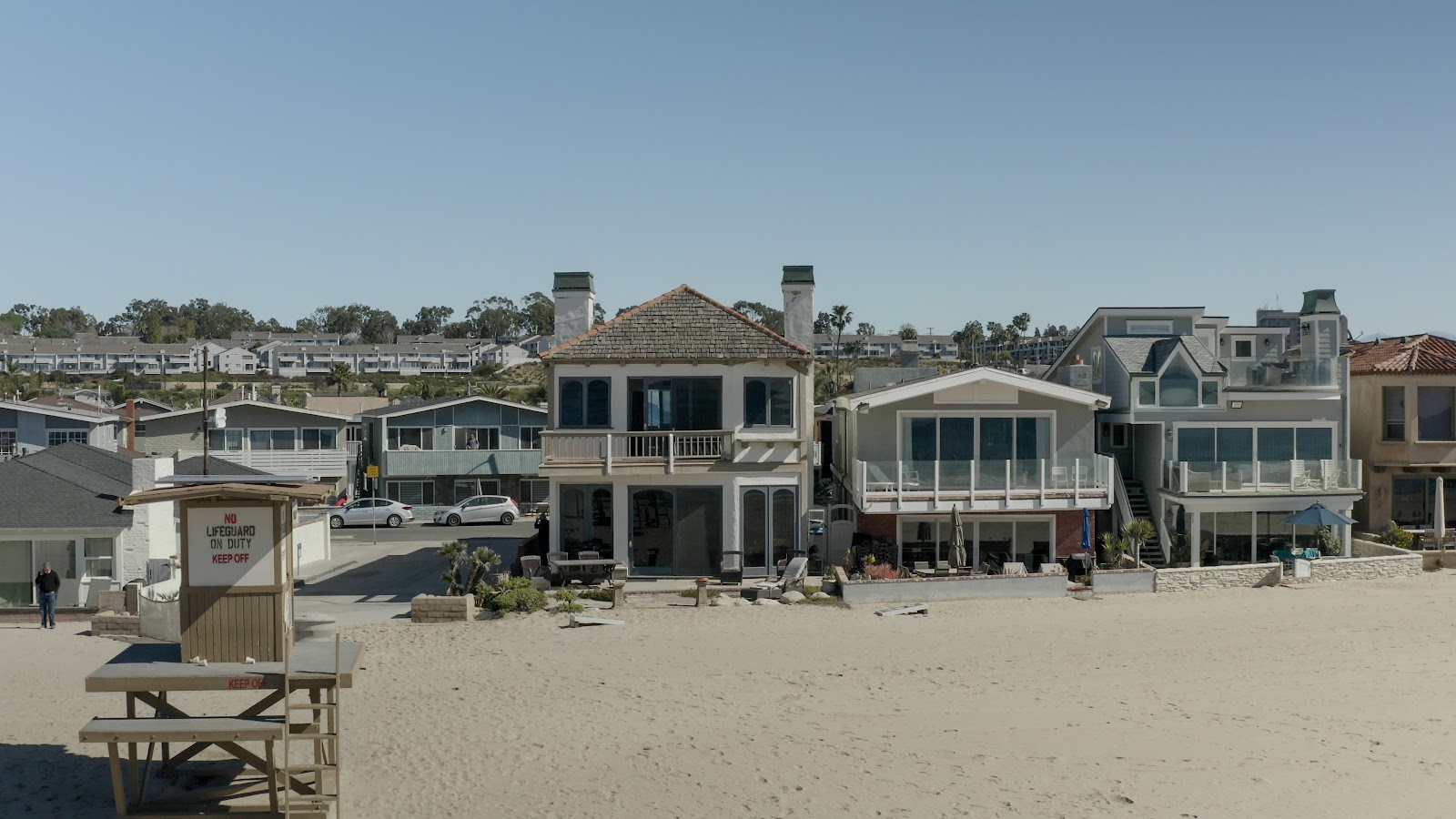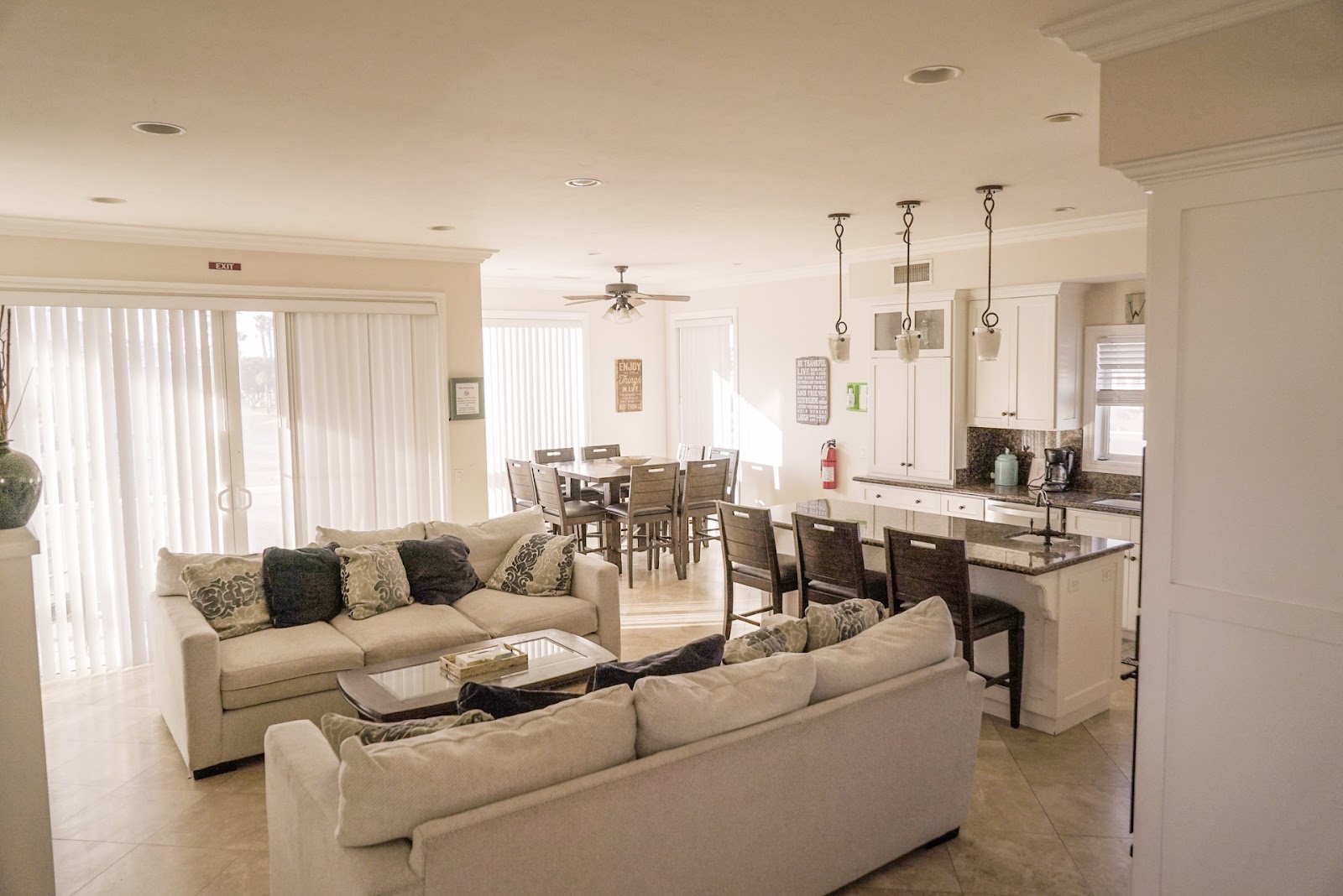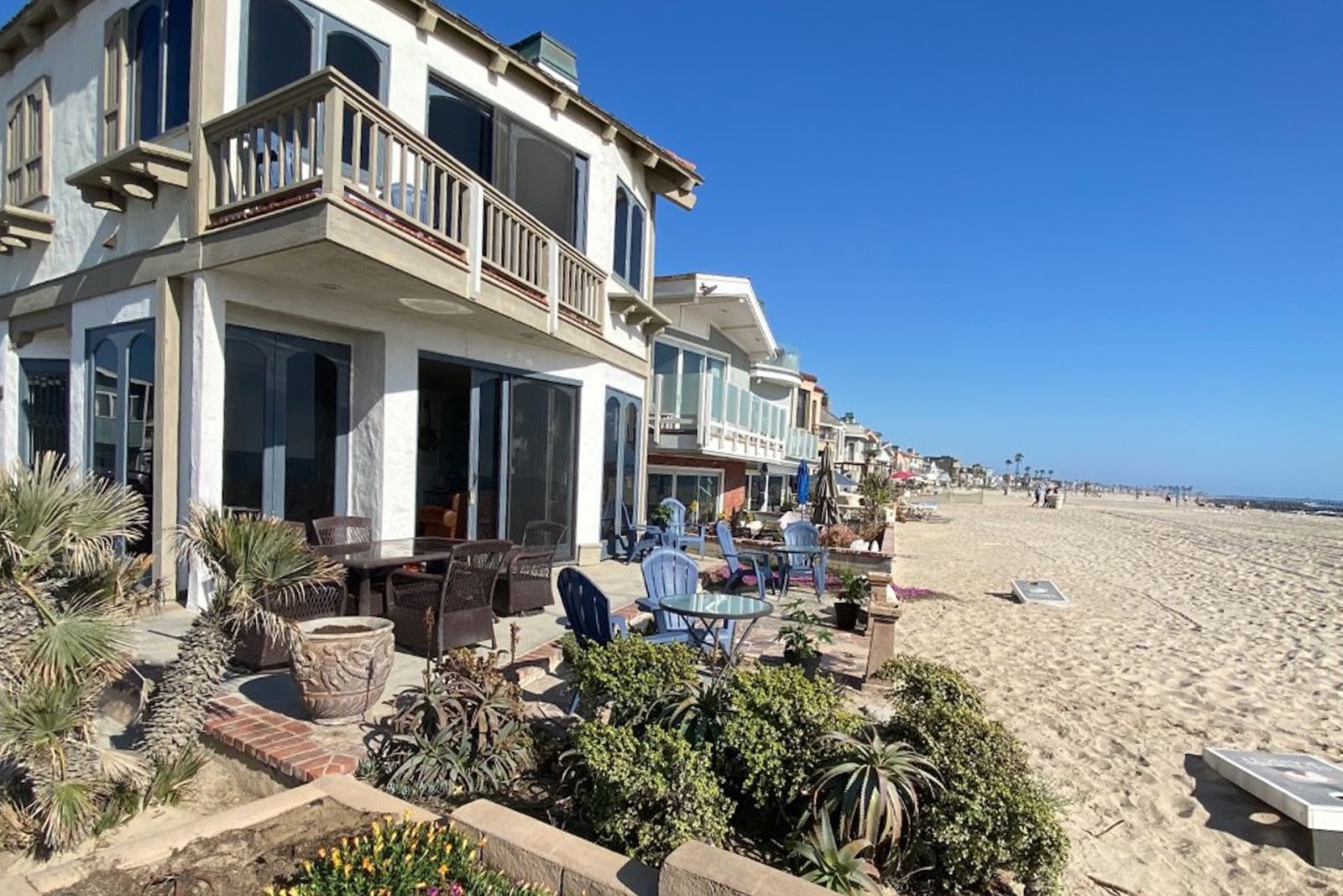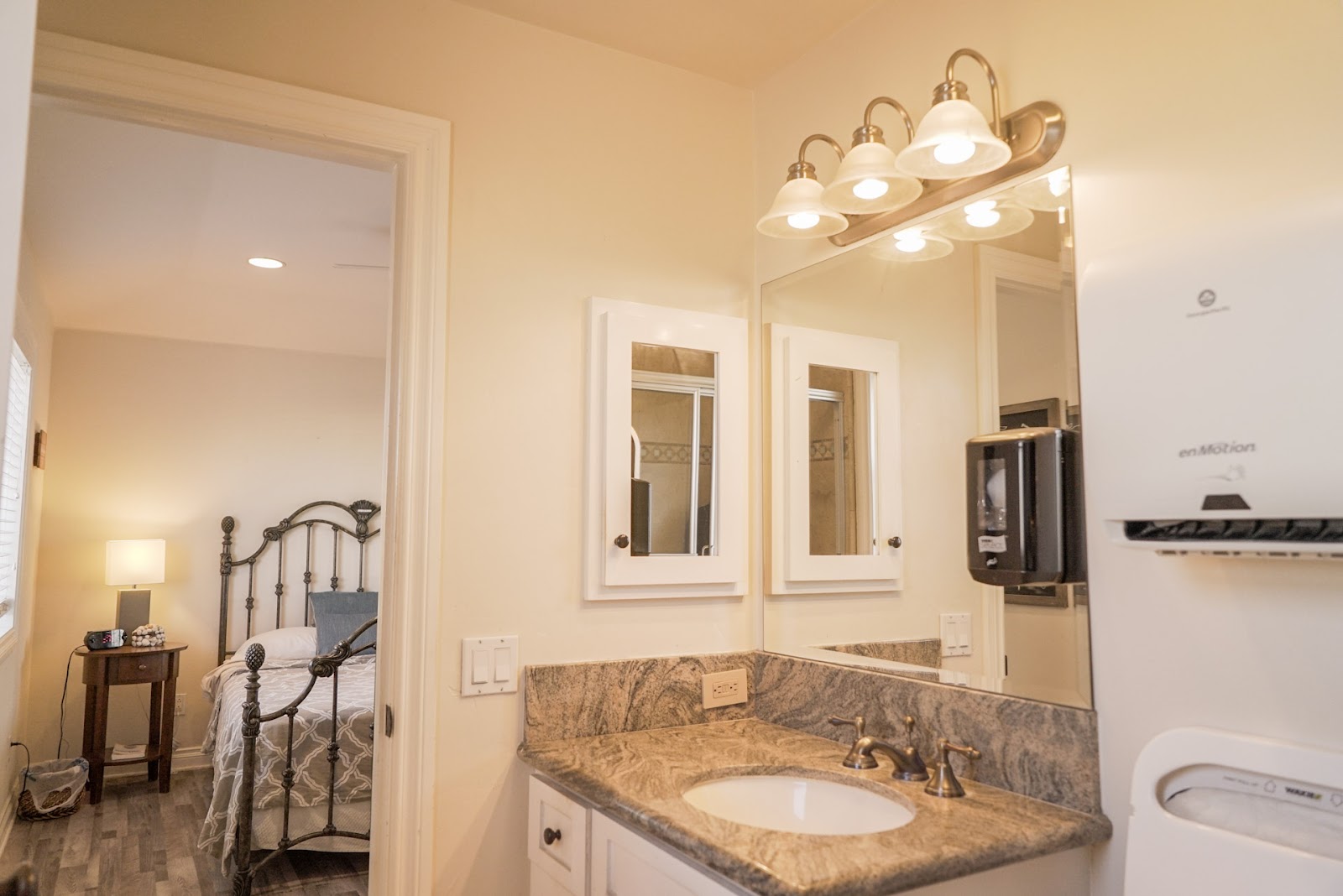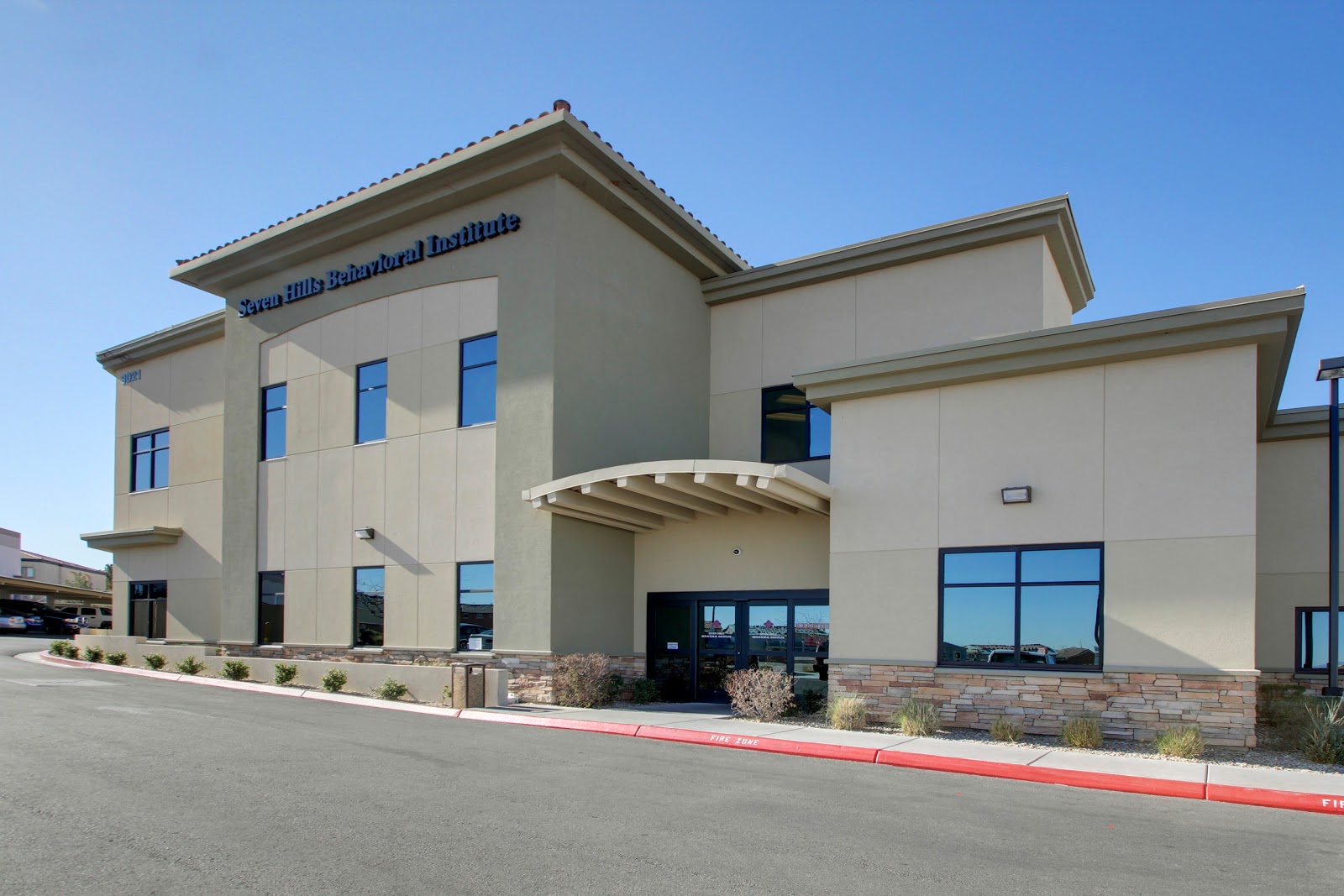Sierra by the Sea
Overview
Sierra by the Sea was a renowned mental health treatment facility located in Newport Beach, California, known for its comprehensive approach to addiction and mental health recovery. Though the facility is now permanently closed, it once offered a full spectrum of services including detoxification, residential treatment, outpatient programs, and aftercare support for adults. The center was particularly distinguished for its gender-specific therapies, offering separate tracks for men and women, which allowed clients to focus on their recovery without the distractions that might arise in a mixed-gender setting. This attention to detail extended even to their detox services, where customized treatment plans were created for each client, ensuring a tailored approach to recovery.
Sierra by the Sea also had a dedicated program for veterans, addressing the unique challenges faced by those who have served in the military. The facility was in-network with most private insurance companies and offered flexible payment plans, making their services more accessible to a wider range of clients.
The facility was known for its serene and beautiful surroundings, providing a tranquil environment conducive to healing. The residential treatment programs were conducted in peaceful, beachside homes where clients could receive focused therapeutic services and 24/7 medical care. The living spaces were tastefully furnished, featuring private bedrooms and all the amenities of home, offering clients a comfortable and supportive environment during their recovery journey. Clients participated in 12 Step recovery meetings, individual and group therapy, and experiential therapy, all designed to promote long-term sobriety and well-being.
For those ready to transition to a lower level of care, Sierra by the Sea offered a partial hospitalization program, allowing clients to return home or to a sober residence when not in treatment. This program provided six hours of treatment per day, ensuring continued support while fostering greater independence.
Former clients and their families frequently praised the facility for its attentive and compassionate staff. One woman shared how her husband spent 90 days in the program and experienced wonderful results, while she herself benefited from the family care groups offered by the facility. Another client highlighted how the staff genuinely listened to their needs, helping them achieve lasting sobriety.
In contrast, Bayside Marin, located in Northern California near San Francisco and San Rafael, is another exemplary treatment center offering high-quality care in a luxurious and comfortable environment. Situated in a picturesque setting, Bayside Marin features two properties—Mountainside, with panoramic bayside views, and Canyonside, nestled in a forest hillside overlooking a serene valley. This facility specializes in treating both addiction and co-occurring mental health disorders, such as bipolar disorder, depression, PTSD, and anxiety disorders.
At Bayside Marin, the decision to seek treatment is met with compassion and support. The clinical and specialty staff are committed to helping clients achieve true healing and successful recovery through highly individualized residential and outpatient treatment plans. These plans are crafted to address each client’s specific concerns and incorporate a blend of traditional and holistic therapies tailored to their unique needs. Additionally, Bayside Marin offers specialized programs for LGBTQ individuals, first responders, and licensed professionals.
Receiving treatment close to home at Bayside Marin provides the convenience of accessing care without the added stress of travel. This allows family members to be more actively involved in the recovery process, which is crucial for long-term success.
Both Sierra by the Sea and Bayside Marin have been recognized for their commitment to clinical excellence and their dedication to providing compassionate, individualized care. Although Sierra by the Sea is no longer in operation, its legacy of high-quality care continues to inspire similar facilities like Bayside Marin, which remains accredited by CARF and committed to providing the highest standards of treatment.
Sierra by the Sea at a Glance
Payment Options
- Cash or self-payment
- Private health insurance
- Self-pay options
Assessments
- Comprehensive mental health assessment
- Comprehensive substance use assessment
Age Groups
- Adults
Operation
- Private for-profit organization
Accreditations
Commission on Accreditation of Rehabilitation Facilities (CARF):

CARF accreditation is a prestigious recognition granted to rehabilitation and human service organizations. It signifies that an organization meets high-quality standards, having undergone a rigorous evaluation process. CARF accreditation boosts an organization's credibility and ensures top-notch care for individuals with disabilities, injuries, or healthcare needs.
Treatment At Sierra by the Sea

Conditions Treated
Alcoholism:
Alcohol addiction is a health problem where drinking takes control over a person's life. It affects how their brain thinks and acts, leading to strong desires to drink, bad feelings, sudden actions, and discomfort when not drinking. To help someone with this problem, there are treatments like detox, counseling, group support, and learning coping methods. While treatment can't completely cure the urge to drink, it helps people regain control of their lives and feel better overall.
Mental health treatment:
Mental health treatment involves various therapies and support services provided by licensed professionals to address mental health issues. These interventions, which can include therapy, medication, and holistic approaches, aim to enhance well-being, improve coping, and empower individuals to lead fulfilling lives. It's personalized, comprehensive care for mental health challenges.
Substance use treatment:
Substance use rehabilitation embodies a holistic treatment approach crafted to assist individuals contending with drug or alcohol addiction. This all-encompassing rehabilitation strategy encompasses two crucial components: initially addressing the physical dependency, frequently commencing with detoxification, and subsequently confronting the psychological triggers through a diverse array of therapeutic methods. The overarching objective is to empower individuals to achieve and maintain sobriety while equipping them with essential skills and coping mechanisms for a successful reintegration into society and a life free from substance abuse.
Co-occurring Disorders:
Dual-diagnosis rehabilitation centers usually offer the most suitable approach for addressing concurrent mental health and substance abuse conditions. Within these facilities, a team of medical and behavioral professionals is typically assembled, employing diverse interventions and cultivating an optimal therapeutic environment to enable you to attain and maintain lasting recovery. The treatment regimen often encompasses evidence-based therapies, such as cognitive behavioral therapy, complemented by recovery support gatherings, 12-step program facilitation, skills development, and group therapy.
Opioid Treatement:
Opioid addiction rehabilitation is a specialized treatment process tailored to address the unique challenges and complexities of opioid dependence, including drugs like heroin and prescriptions like oxycodone. The process typically begins with a medical detox to ease withdrawal symptoms, followed by therapeutic interventions to address the root causes of addiction. This holistic approach aims to provide individuals with the skills and support needed for long-term recovery from opioid use.

Levels Of Care
Partial Hospitalization Program:
A partial hospitalization program (PHP) is a short-term form of intensive rehab, usually for those with acute symptoms that are hard to manage but don’t require 24-hour care. PHPs have structured programming (i.e. individual and/or group therapy), and usually meet 3-5 days a week for around 6 hours (i.e. 9am-3m). Some PHPs are residential (patients sleep on site) and some are not, so patients sleep at home. PHPs can last from 1-6 months, and some offer transportation and meals.
Intensive outpatient treatment:
Intensive outpatient (IOP) supports clients in maintaining their sobriety by providing tailored, high-quality care that adapts to their changing requirements. Clients participate in numerous weekly treatment sessions, generally receiving between nine to twenty hours of outpatient care. As clients achieve stability, the treatment frequency and intensity gradually diminish. Many intensive outpatient rehabilitation centers offer a range of services, including addiction counseling, training in life skills essential for recovery, and medication-assisted treatment (MAT). Additionally, evidence-based complementary therapies are frequently integrated into the program.
Luxury Treatment:
Luxury rehab centers offer upscale treatment environments for individuals seeking recovery from addiction or other behavioral disorders. These centers combine top-tier medical and therapeutic care with lavish amenities, ensuring patients receive the utmost comfort and personalized attention. Often set in picturesque locations, these centers prioritize privacy, holistic well-being, and world-class facilities to facilitate a rejuvenating healing experience.
Halfway house:
A sober living home offers a supportive environment where individuals in recovery provide mutual support as they share household responsibilities. Residents participate in 12-step programs and offer accountability for sobriety. To remain in men’s or women’s sober living, individuals must remain drug and alcohol-free, contribute to chores, attend support group meetings, and help cover expenses to live in the home.
Outpatient:
Outpatient treatment in a rehab center offers structured therapeutic services for individuals seeking recovery without full-time residential admission. Unlike intensive outpatient programs, which demand more frequent and longer sessions, standard outpatient care provides a more flexible approach, allowing participants to maintain daily activities and responsibilities while undergoing treatment.
Hospital inpatient treatment:
Inpatient treatment involves an intensive, residential therapeutic program designed to treat serious addictions or other medical conditions. With a typical stay ranging from 30 to 90 days, individuals receive a structured regimen of various therapies including individual and group counseling, behavioral therapies, and family counseling. Under professional supervision, patients immerse themselves in a supportive environment, conducive to addressing underlying issues and promoting long-term recovery.
Hospital inpatient detoxification:
Hospital Inpatient Detoxification provides intensive care for individuals withdrawing from addictive substances. Patients receive 24/7 medical supervision within a controlled environment, alleviating withdrawal symptoms and ensuring safety. This acute treatment is ideal for individuals with severe addictions, previous withdrawal challenges, or those who lack a supportive detox environment at home.
Detoxification:
Detoxification, often called detox, is like a reset button for the body after someone has been using drugs or alcohol. Its main job is to help people who want to quit these substances by easing the discomfort they might feel when they stop. Think of it as a way to clean out the harmful stuff in the body when someone has been using drugs or alcohol too much. Detoxification aims to make the process of quitting safer and less painful for the person.

Treatment Modalities
Eye Movement Desensitization and Reprocessing therapy:
EMDR is a therapy method initially designed to address trauma. During an EMDR session, patients engage in eye movements reminiscent of REM sleep, either by following a therapist's moving finger or tracking a light bar. These repetitive eye movements aim to aid the brain in reprocessing memories, potentially diminishing the severity of traumatic recollections. As a result, related memories may also heal, leading patients to feel notably more at ease, balanced, and emotionally composed.
Marital/couples counseling:
Whether a marriage or other committed relationship, an intimate partnership is one of the most important aspects of a person's life. Drug and alcohol addiction affects both members of a couple in deep and meaningful ways, as does rehab and recovery. Couples therapy and other couples-focused treatment programs are significant parts of exploring triggers of addiction, as well as learning how to build healthy patterns to support ongoing sobriety.
Group counseling:
Group Counseling is a therapeutic approach where individuals come together under the guidance of a trained counselor to share experiences, offer support, and gain insights. This collective format promotes mutual understanding and growth, allowing participants to learn from one another's perspectives and challenges.
Eating Disorder Treatment:
Eating Disorder Treatment is a specialized approach to help individuals struggling with disordered eating patterns. It involves therapies, counseling, and medical monitoring by a team of professionals to promote recovery, address underlying causes, and improve overall well-being. The goal is to establish a healthier relationship with food and self-image, facilitating long-term recovery and well-being.
Individual counseling:
In individual therapy, a person engages in a one-on-one session with a qualified therapist or counselor. This therapeutic approach is crucial in successful substance abuse treatment because it delves into the underlying causes of addiction, addressing issues the individual may encounter in their familial, social, and professional or academic environments.
Ancillary Services
Special Programs
- Persons with eating disorders

Additional Locations
Contact Information
DISCLAIMER: The facility name, logo and brand are the property and registered trademarks of Sierra by the Sea, and are being used for identification and informational purposes only. Use of these names, logos and brands shall not imply endorsement. BetterAddictionCare.com is not affiliated with or sponsored by Sierra by the Sea.
